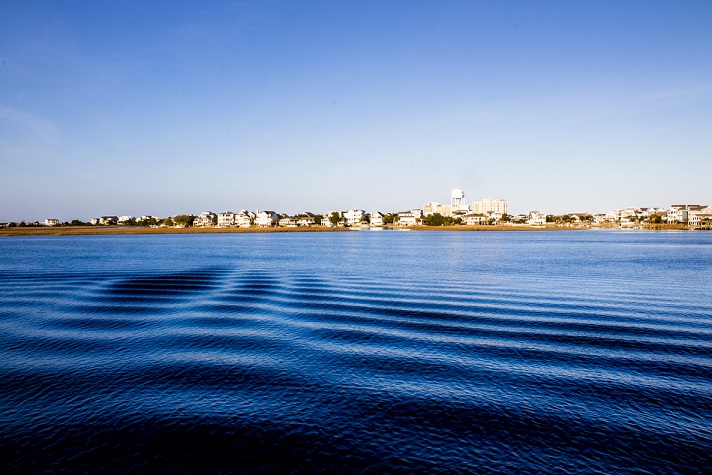Wrightsville Beach violates drinking water standard
Residents of Wrightsville Beach received a public service notice in Dec. regarding the quality of public drinking water in the town. The notice began by saying “The Wrightsville Beach system recently violated a drinking water standard” and went on to tell residents that the situation is not an emergency.
The Wrightsville Beach Water System had above-average levels of a chemical compound known as Total Trihalomethanes [TTHM] in the public drinking water. TTHM is a combination of four “volatile” organic chemicals and was first discovered in the 1970s. TTHMs are known to form during the process of treating water.
According to the Water Research Center “Trihalomethanes are formed along with other disinfection byproducts when chlorine or other disinfectants used to control microbial contaminants in drinking water react with naturally occurring organic and inorganic matter in water”
TTHM is one of the same chemical compounds that contaminated the water in Flint, MI in 2014.
The public notice to residents of Wrightsville Beach went on to say that samples from the town water system showed that levels of TTHMs exceeded the allowable 80 parts per billion by 0.009 mg/L.
TTHMs are classified as Group B Carcinogens by the Centers for Disease Control [CDC], which means that in a laboratory setting the chemical compound has been shown to cause cancer in animals.
The results of the water study came from a 12-month average, not the month of Dec. alone, explained Don Feller, the Water and Sewer Superintendent for Wrightsville Beach in an interview with The Seahawk.
The month that had water with higher than allowable amounts of TTHMs was Sept. of 2017, said Feller.
The results of a new water study will be available to the residents of Wrightsville Beach in March of 2018.











